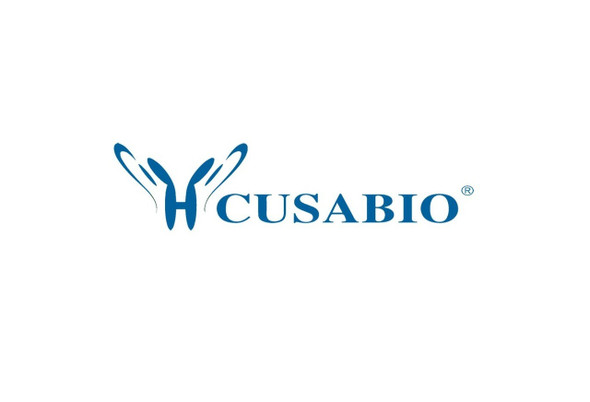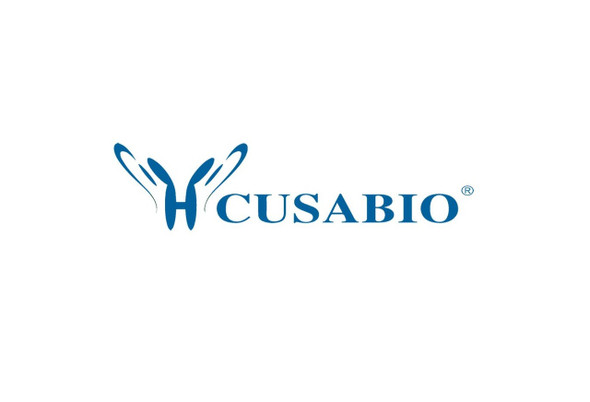Cusabio Polyclonal Antibodies
SPIN1 Antibody | CSB-PA897305DSR1HU
- SKU:
- CSB-PA897305DSR1HU
- Availability:
- 3 to 7 Working Days
Description
SPIN1 Antibody | CSB-PA897305DSR1HU | Cusabio
SPIN1 Antibody is Available at Gentaur Genprice with the fastest delivery.
Online Order Payment is possible or send quotation to info@gentaur.com.
Product Type: Polyclonal Antibody
Target Names: SPIN1
Aliases: Spindlin-1 (Ovarian cancer-related protein) (Spindlin1), SPIN1, OCR SPIN
Background: Chromatin reader that specifically recognizes and binds histone H3 both trimethylated at 'Lys-4' and asymmetrically dimethylated at 'Arg-8' (H3K4me3 and H3R8me2a) and acts as an activator of Wnt signaling pathway dowstream of PRMT2. In case of cancer, promotes cell cancer proliferation via activation of the Wnt signaling pathway (PubMed:24589551) . Overexpression induces metaphase arrest and chromosomal instability. Localizes to active rDNA loci and promotes the expression of rRNA genes (PubMed:21960006) . May play a role in cell-cycle regulation during the transition from gamete to embryo. Involved in oocyte meiotic resumption, a process that takes place before ovulation to resume meiosis of oocytes blocked in prophase I: may act by regulating maternal transcripts to control meiotic resumption.
Isotype: IgG
Conjugate: Non-conjugated
Clonality: Polyclonal
Uniport ID: Q9Y657
Host Species: Rabbit
Species Reactivity: Human
Immunogen: Recombinant Human Spindlin-1 protein (1-262AA)
Immunogen Species: Human
Applications: ELISA, WB, IHC
Tested Applications: ELISA, WB, IHC; Recommended dilution: WB:1:1000-1:5000, IHC:1:20-1:200
Purification Method: Antigen Affinity Purified
Dilution Ratio1: ELISA:1:2000-1:10000
Dilution Ratio2: WB:1:1000-1:5000
Dilution Ratio3: IHC:1:20-1:200
Dilution Ratio4:
Dilution Ratio5:
Dilution Ratio6:
Buffer: PBS with 0.02% sodium azide, 50% glycerol, pH7.3.
Form: Liquid
Storage: Upon receipt, store at -20°C or -80°C. Avoid repeated freeze.
Initial Research Areas: Cell Biology
Research Areas: Epigenetics & Nuclear Signaling;Cancer;Cell biology;Developmental biology













